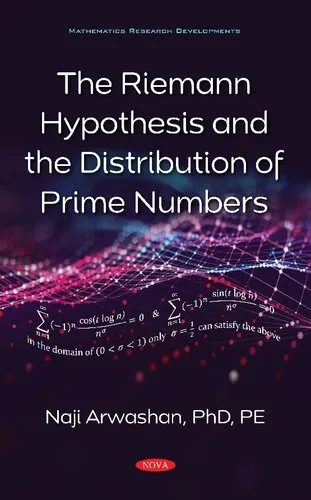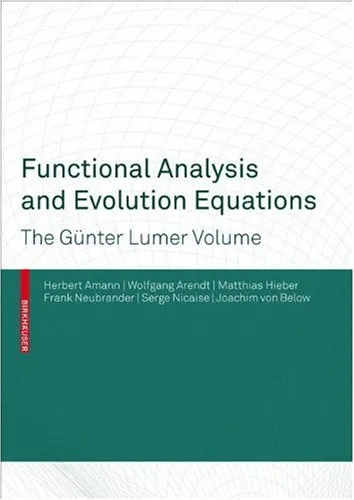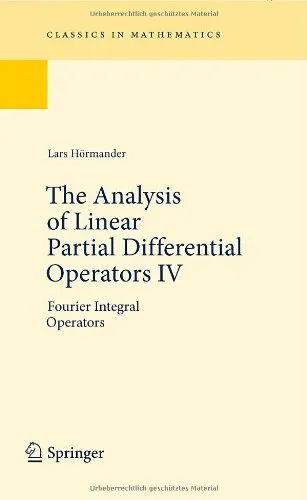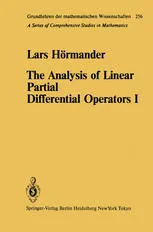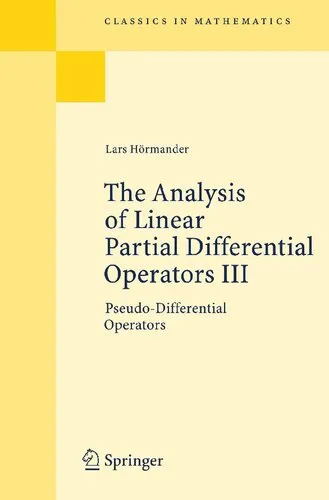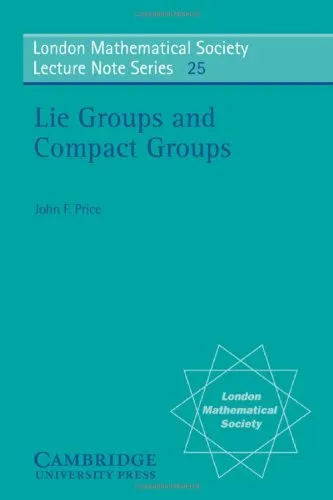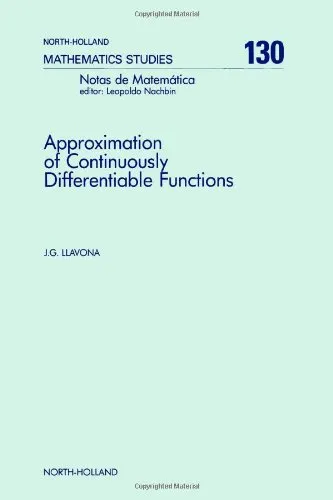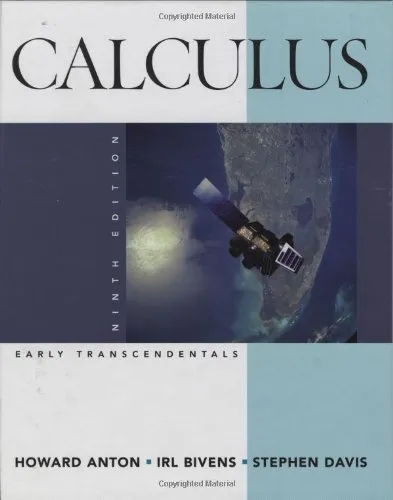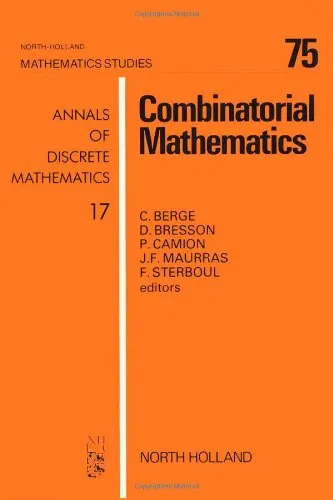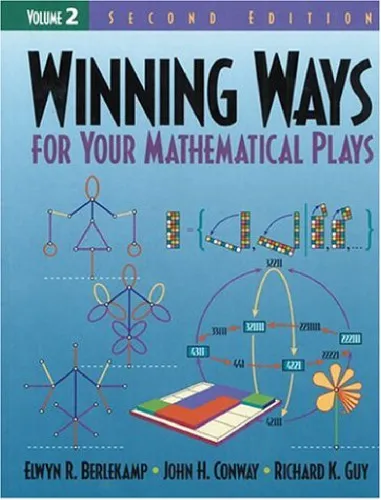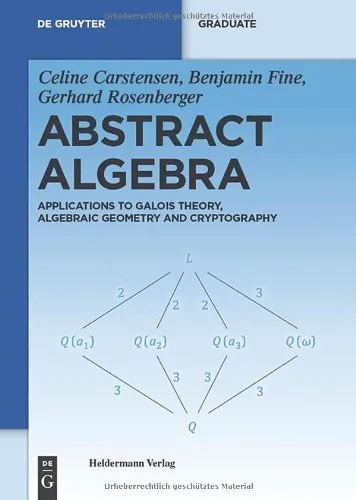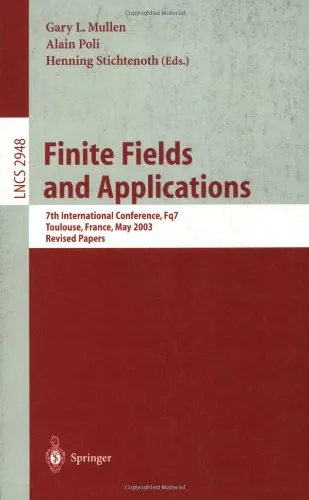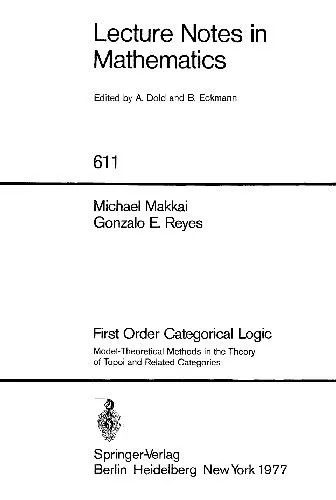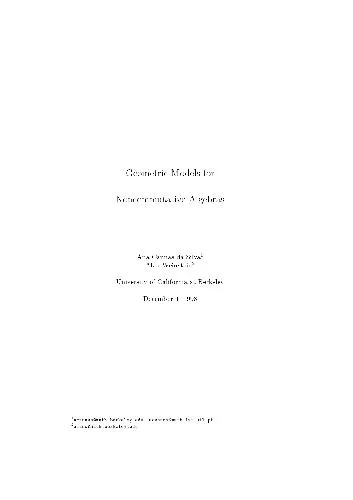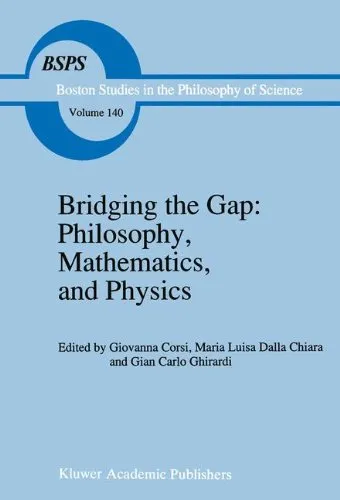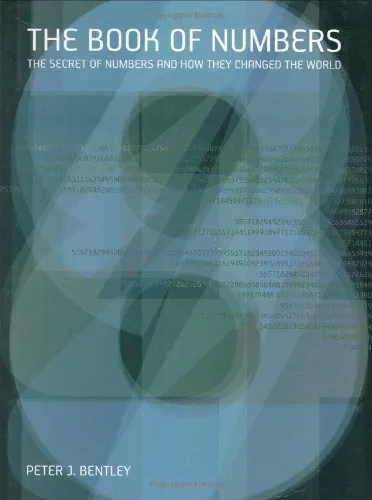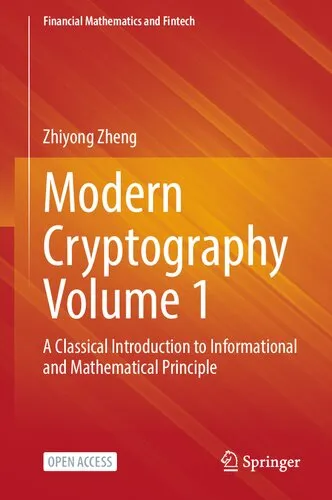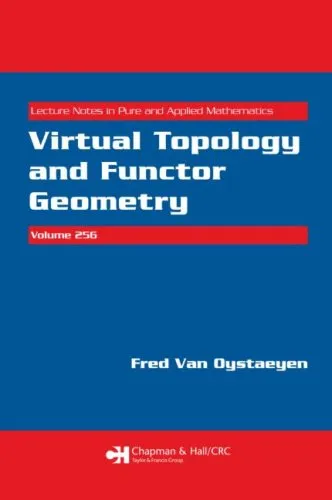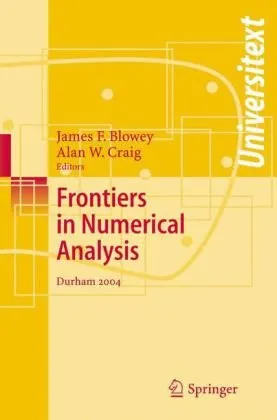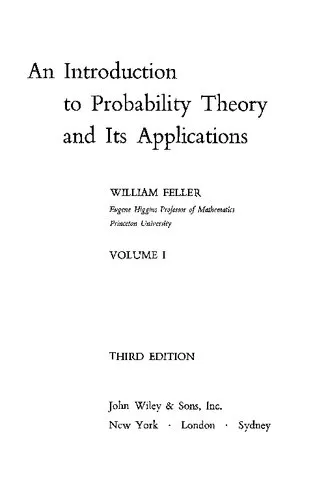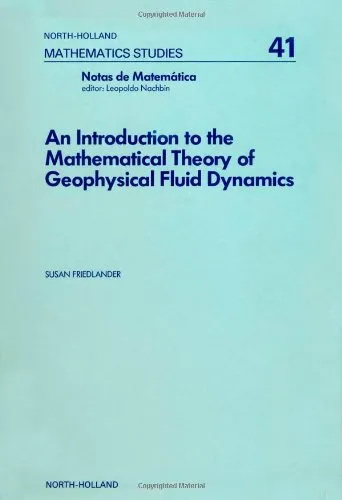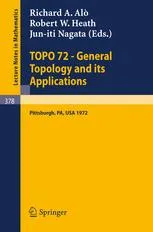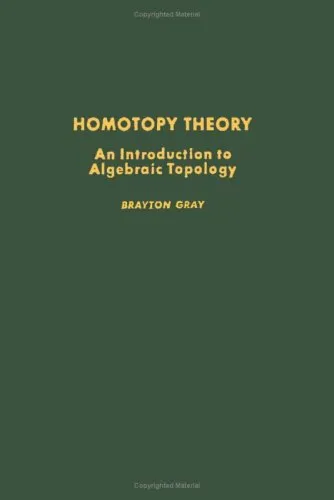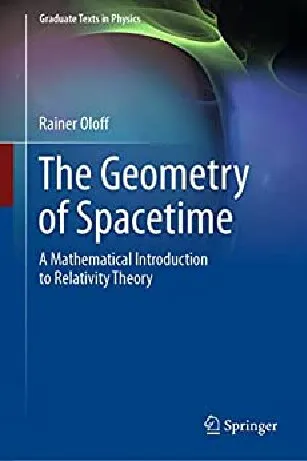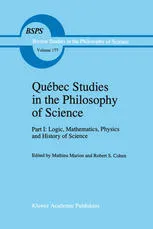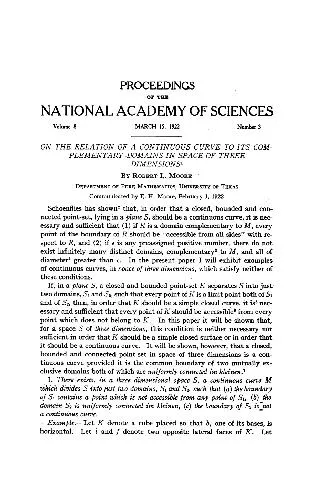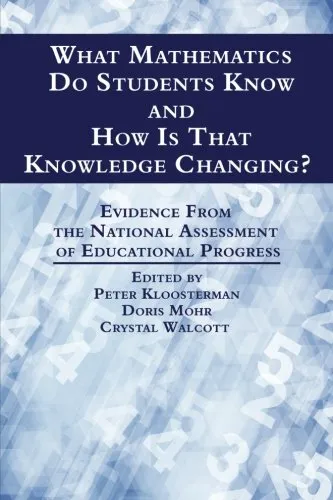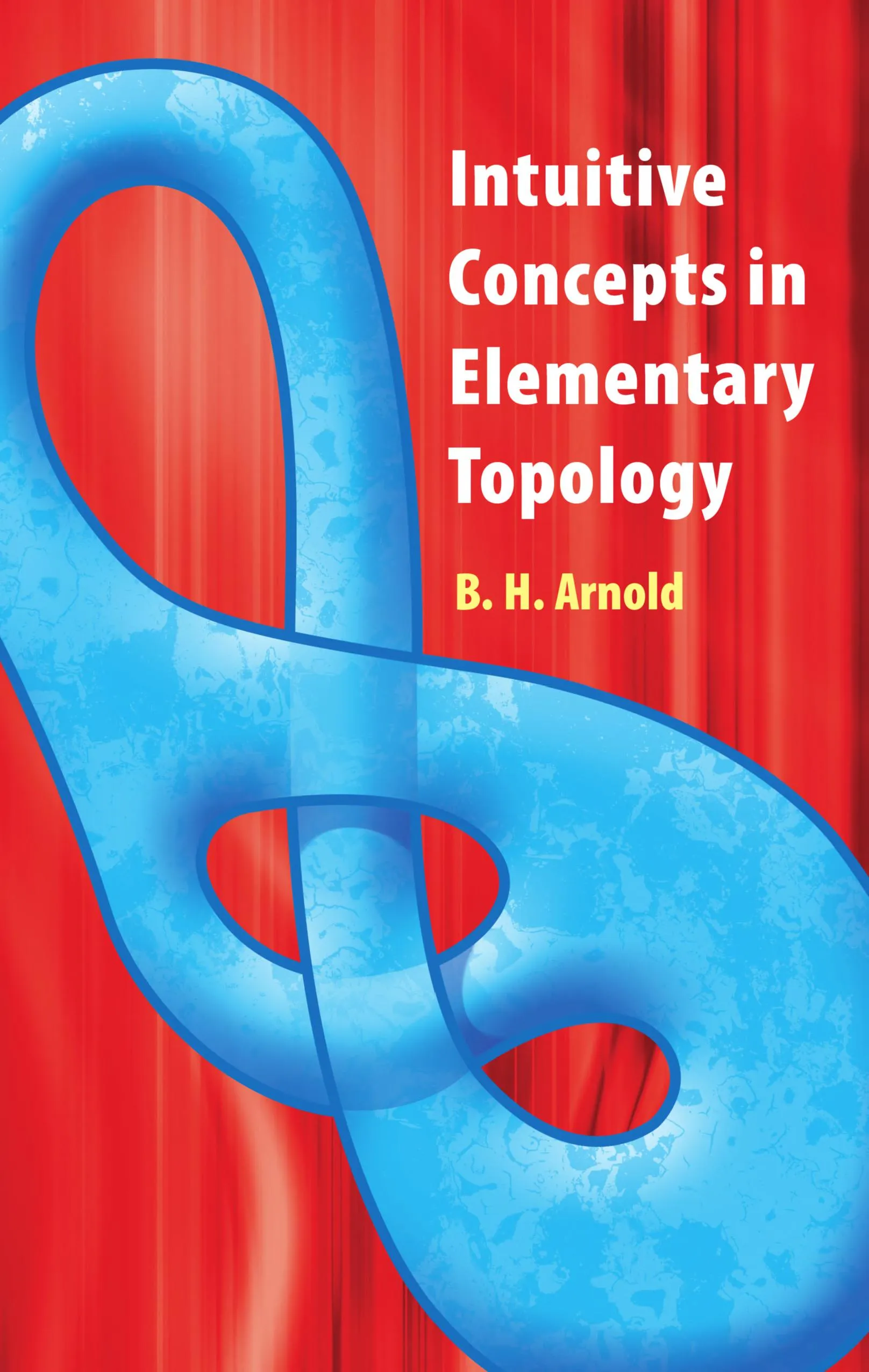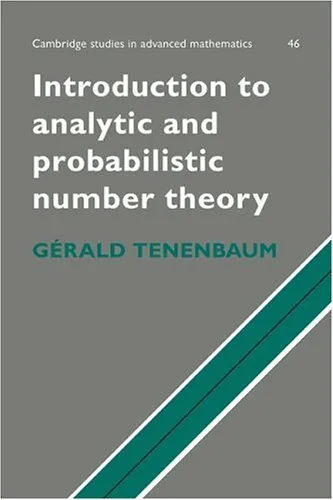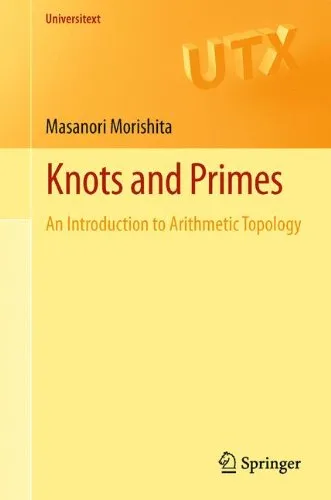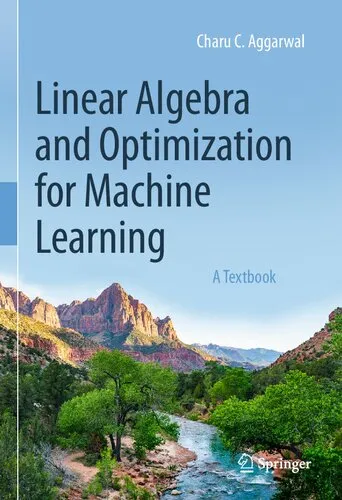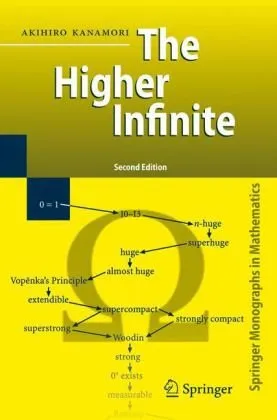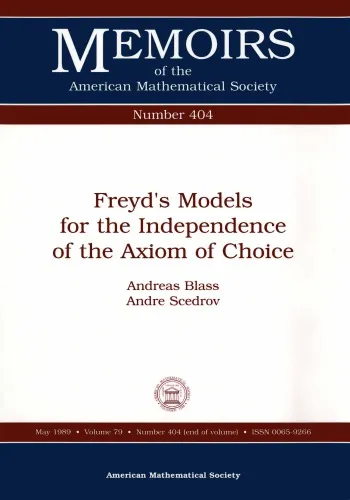The Riemann hypothesis and the distribution of prime numbers
4.7
Reviews from our users

You Can Ask your questions from this book's AI after Login
Each download or ask from book AI costs 2 points. To earn more free points, please visit the Points Guide Page and complete some valuable actions.Related Refrences:
Introduction to 'The Riemann Hypothesis and the Distribution of Prime Numbers'
Welcome to an in-depth exploration of one of the most important and enigmatic problems in mathematics: the Riemann Hypothesis. In this book, The Riemann Hypothesis and the Distribution of Prime Numbers, we delve into the fascinating world of prime numbers and the profound role they play in the structure of mathematics. Prime numbers, often called the building blocks of arithmetic, exhibit an elusive pattern that lies at the heart of modern number theory. This pattern, and its connection to the Riemann Hypothesis, offers profound insights into the foundations of mathematics itself.
Across centuries, mathematicians have grappled with understanding the distribution of primes among integers. The Riemann Hypothesis, proposed in 1859 by Bernhard Riemann, introduces a revolutionary lens through which to study primes. This hypothesis connects the prime numbers to the zeroes of the Riemann zeta function, a complex but elegant mathematical construct. While the problem remains unsolved, its resolution holds the key to advancements in diverse fields such as encryption, data security, and quantum physics.
In this book, we take readers on a journey through history, mathematics, and modern implications. Whether you're a student of mathematics, a researcher, or simply someone curious about this groundbreaking topic, this book will guide you through the intricacies of the Riemann Hypothesis and its profound influence on the mathematical world.
Detailed Summary of the Book
Our journey begins with the historical background of the prime numbers. Why have primes held such intrigue for mathematicians across generations? We explore early contributions from Euclid, Euler, and Gauss before advancing to Riemann's groundbreaking 1859 paper where he formulated his hypothesis. By laying a strong historical foundation, readers are equipped to appreciate the broader context of the conjecture.
In subsequent chapters, we delve deeper into the Riemann zeta function, explaining its properties and significance. The connection between its non-trivial zeros and the distribution of prime numbers is highlighted, with clear explanations aimed at both mathematical enthusiasts and specialists. Several chapters are dedicated to contemporary attempts to understand and prove the hypothesis, including the work of famous mathematicians like David Hilbert, Srinivasa Ramanujan, and Michael Atiyah.
We also touch on the far-reaching implications of the hypothesis. In cryptography, for instance, prime numbers ensure the security of online communication. In physics, the Riemann Hypothesis has surprising connections to quantum mechanics. These applications underscore why this unsolved problem continues to attract attention from the entire scientific community.
The final chapters discuss open questions, related conjectures like the generalized Riemann Hypothesis, and what a proof (or disproof) would mean for mathematics and beyond. I strive to present the material in an accessible way, ensuring that all readers, regardless of expertise, can grasp the beauty and complexity of this monumental problem.
Key Takeaways
- Prime numbers are the fundamental building blocks of arithmetic and play a critical role in modern science and technology.
- The Riemann zeta function and its connection to prime numbers lie at the heart of understanding their distribution.
- The Riemann Hypothesis, though still unproven, has deep implications for mathematics, cryptography, and physics.
- Exploring the hypothesis sheds light not only on abstract mathematics but also on practical applications like computer algorithms and secure communication.
- Proof or disproof of the Riemann Hypothesis would constitute a monumental achievement in the history of mathematics.
Famous Quotes from the Book
"Prime numbers are the poetry of numbers—beautiful in their simplicity yet profound in their complexity."
"The Riemann Hypothesis speaks to the heart of mathematical truth. Resolving it would illuminate the darkest corners of arithmetic."
"In the pursuit of prime numbers, one finds the elegant interplay of chaos and order in mathematics."
Why This Book Matters
Mathematics has long been regarded as the purest expression of human reason, and few problems exemplify this as profoundly as the Riemann Hypothesis. By unraveling the mysteries of prime numbers, we gain insight not only into numbers themselves but into the very structure of logic and order that governs the universe.
This book matters because it makes one of the most technical mathematical topics accessible to both scholars and curious minds. It sparks curiosity, encourages deep thinking, and invites readers to become part of a vibrant intellectual tradition spanning centuries. Whether for academic study or pure intellectual exploration, The Riemann Hypothesis and the Distribution of Prime Numbers offers a roadmap to one of the greatest unsolved mysteries of our time.
By engaging with this book, you will not only enhance your understanding of mathematics but also join a community of thinkers united by their fascination with the primal beauty of numbers. The Riemann Hypothesis isn't just a problem—it's an invitation to question, to explore, and to wonder about the infinite possibilities that numbers represent.
Free Direct Download
You Can Download this book after Login
Accessing books through legal platforms and public libraries not only supports the rights of authors and publishers but also contributes to the sustainability of reading culture. Before downloading, please take a moment to consider these options.
Find this book on other platforms:
WorldCat helps you find books in libraries worldwide.
See ratings, reviews, and discussions on Goodreads.
Find and buy rare or used books on AbeBooks.
1408
بازدید4.7
امتیاز0
نظر98%
رضایتReviews:
4.7
Based on 0 users review
Questions & Answers
Ask questions about this book or help others by answering
No questions yet. Be the first to ask!
